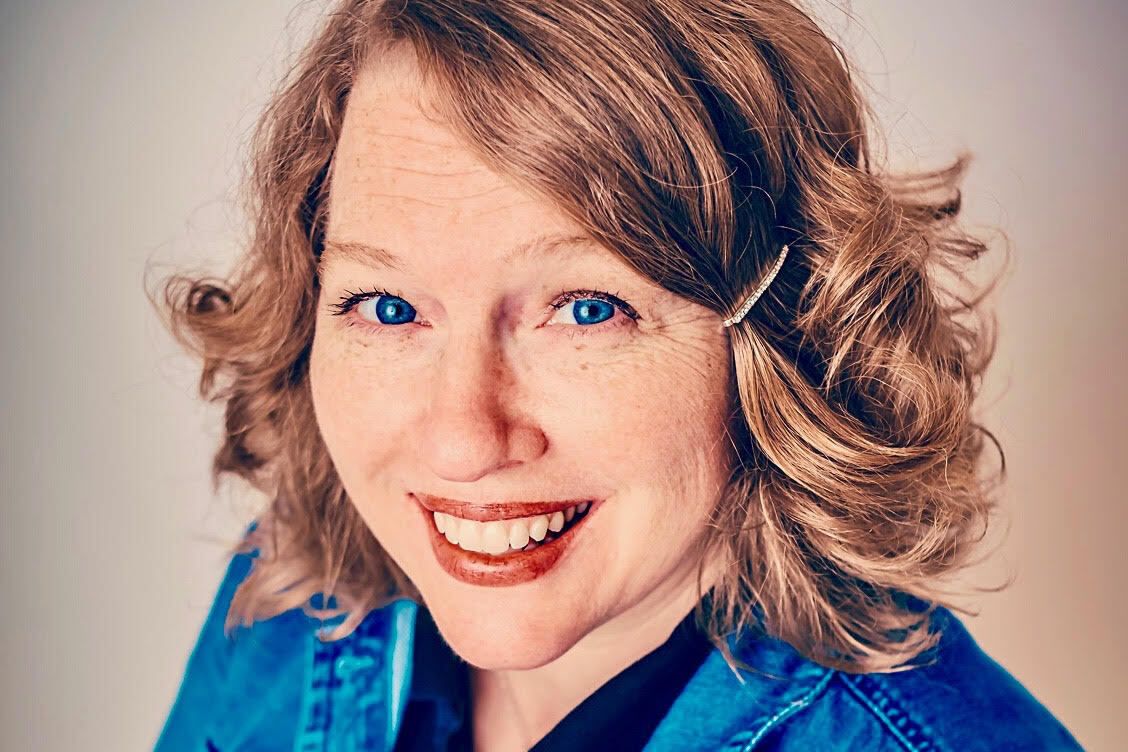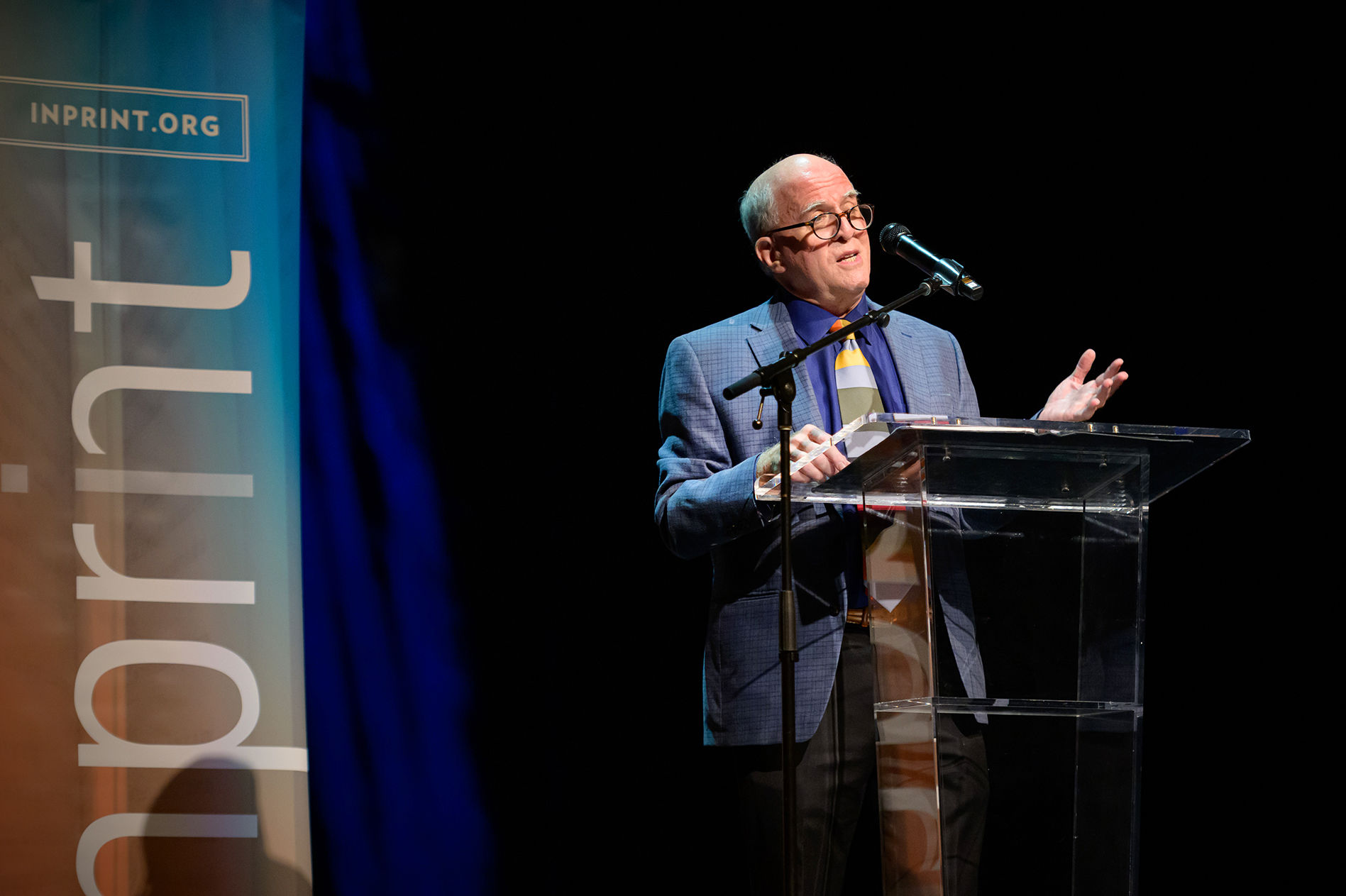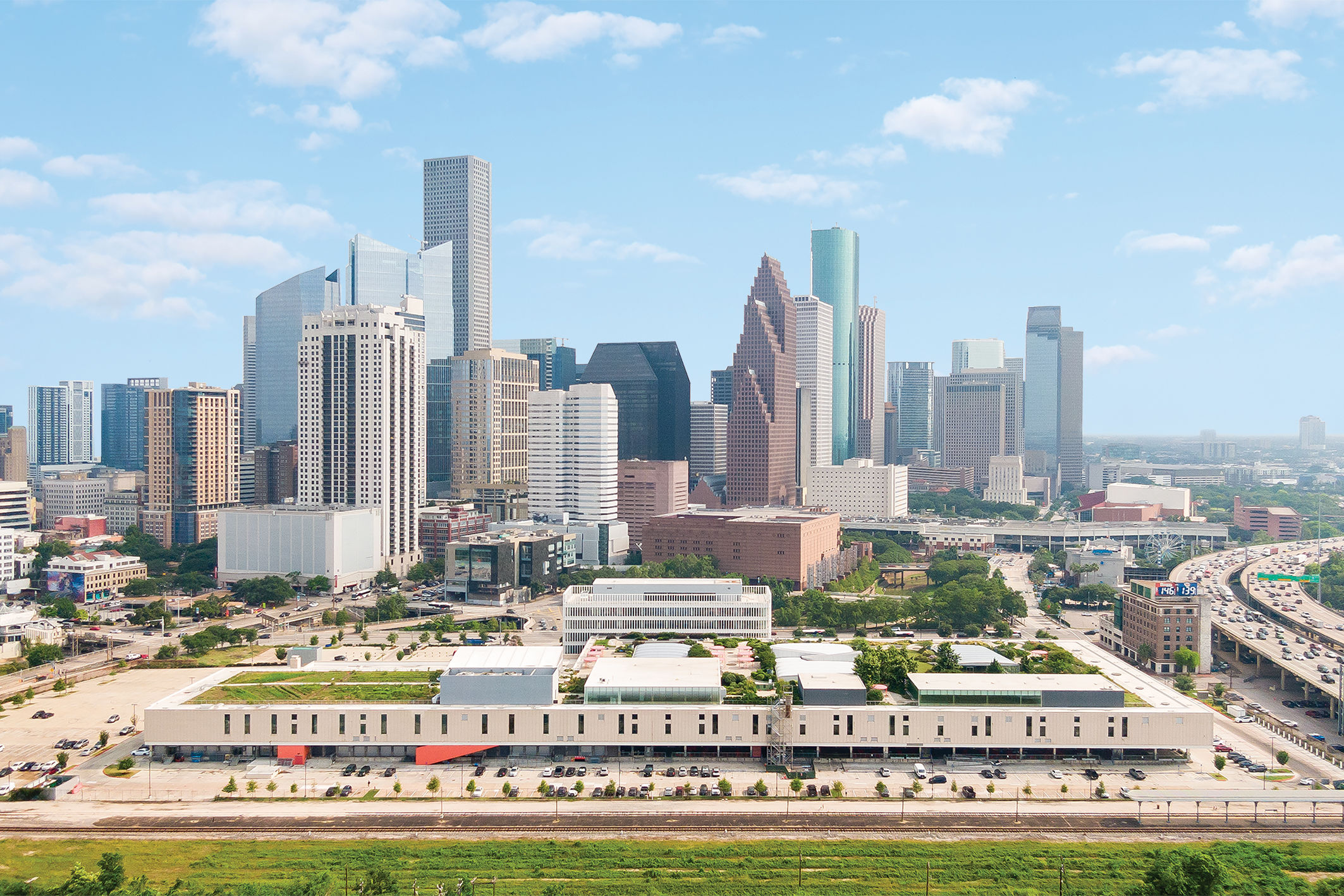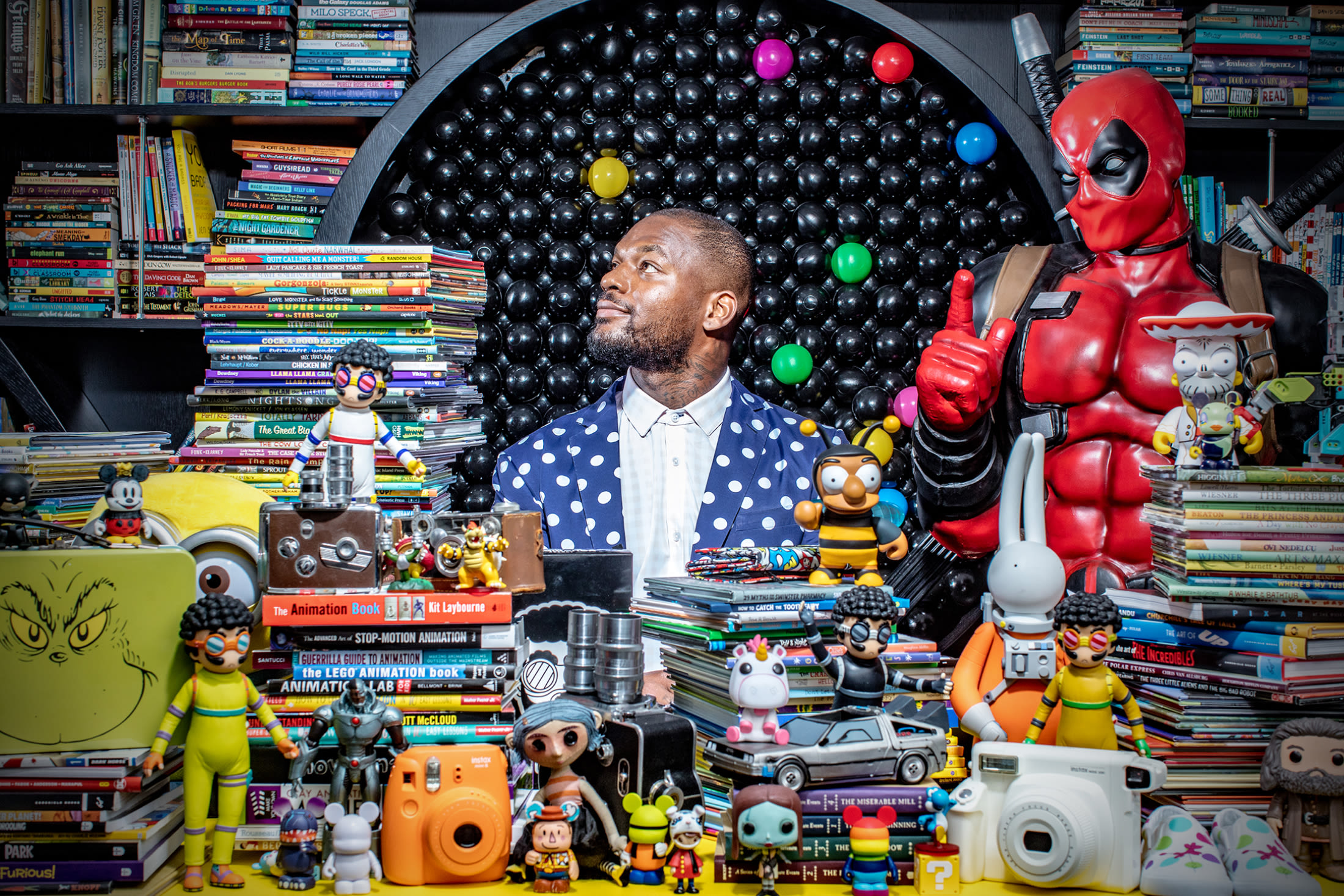Novelist Tom Abrahams Wrote About an Imagined Pandemic, Then Came COVID-19
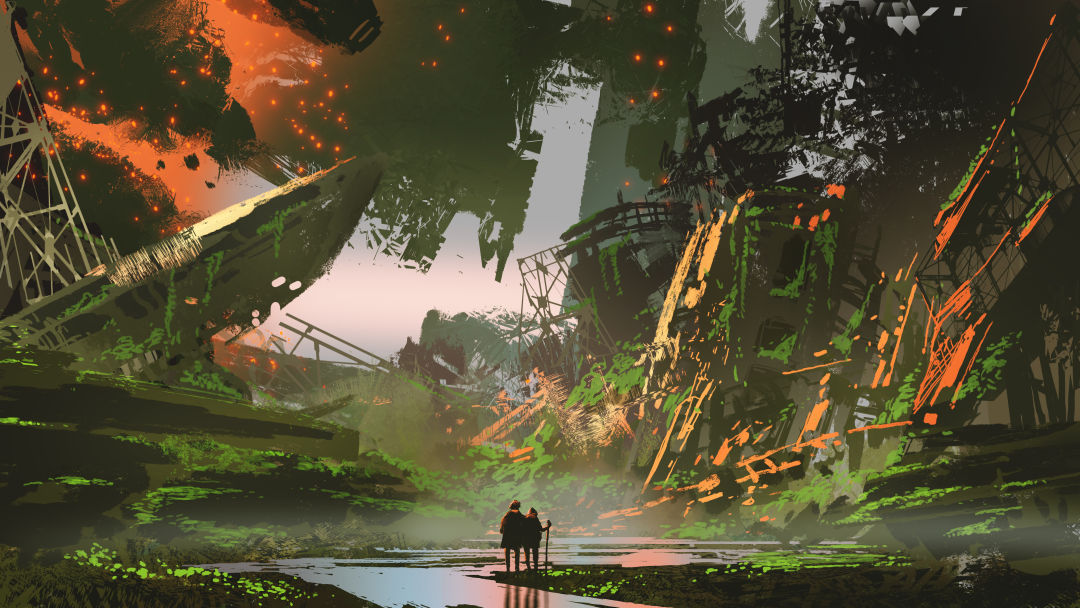
Long before the word pandemic became a part of our everyday vocabulary, Houston author Tom Abrahams had already conceived of a world ravaged by an unstoppable pathogen. The Channel 13 anchor’s eight-book Traveler series, which follows Marcus Battle, an army veteran living off the grid in Texas after an illness killed 2/3 of the population, became an Amazon best seller. Unprepared, the first book in his new Scourge series, set in the Traveler world, is coming out on April 28, with the parts two and three following in the next few months.
“I finished writing the new trilogy in February,” he says. “There are some thin references in book three to the coronavirus, but they were written in what now seem like the early days of the crisis, before the WHO called it a pandemic."
We caught up with Abrahams to ask him what it’s like watching the world he imagined come to life.
Living with COVID-19—it’s eerie that so much of what you wrote about in your Traveler series was exactly on the mark. What’s it been like seeing your fiction become real life?
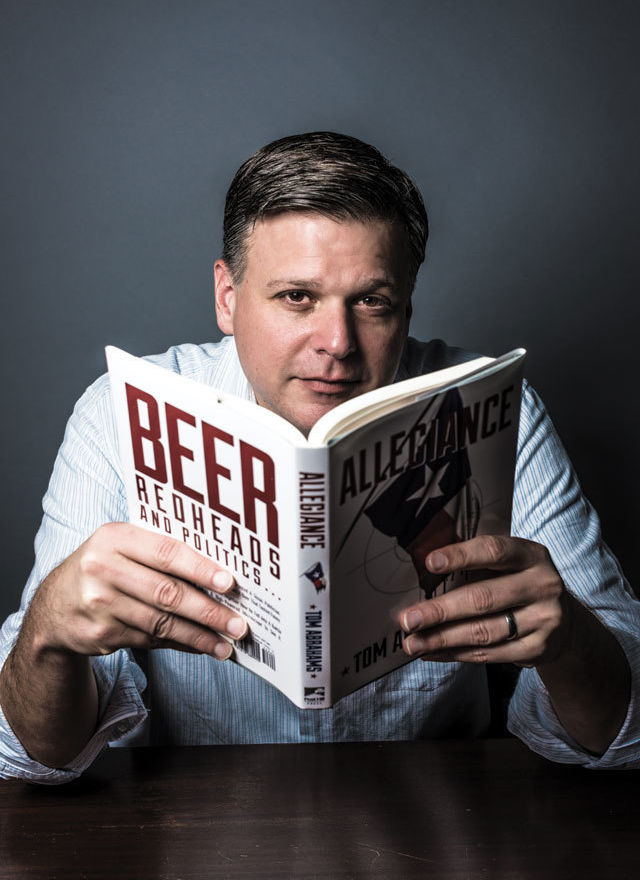
Image: Max Burkhalter
It's a remarkably odd feeling to be living some of what I've written. I wasn't prophetic. I just did a lot of research about what the world might look like, and much of it is happening right now: the air travel restrictions, the runs of supplies, the social distancing and quarantines, the use of the National Guard, a government which may have been slow to react. My audiobook narrator, Kevin Pierce, messaged me and wrote, "You are officially spooky"—and he's known as “The Voice of The Apocalypse” because of how many popular post-apocalyptic books he narrates.
Your next book, Unprepared, is set in the same world as Traveler, but, your new character Mike Crenshaw is the exact opposite of Marcus Battle. He’s completely unprepared for the pandemic with no supplies and no skills.
The new series takes place in Florida as the pandemic unfolds. It's a new cast of characters, but there are a lot of references to Traveler. In the first chapters of the book, there is a fight at a grocery store over water, banks stop dispensing cash at ATMs, clinics and hospitals get overrun, and road blocks are set up to keep people from moving around too much.
How has CoVID-19 affected your writing? Are you creating an even more dismal fictional world for your next project or are you moving away from post-apocalyptic themes?
My next project is book three in a dystopian fantasy series. It's not related to pandemics. I'm glad I'm done writing pandemics for a while. I've written 12 books about pandemics—eight Traveler books, three Scourge books, and one book in the alt-apocalypse series. The fun part of writing fiction is the escape of it. When life too closely mirrors that escape, it's no longer fun. And some part of each of those books is no longer fiction.
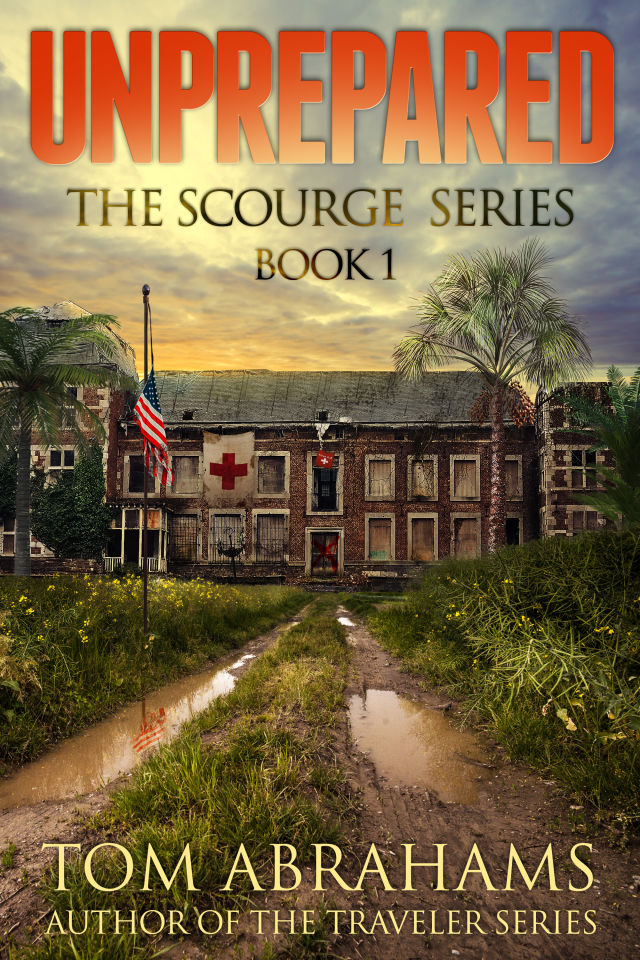
Image: Courtesy Piston Press
I've talked with other writers, too, and they've hung up the pandemics-themed novels they had planned or were in the middle of writing. They're moving in different directions. I've had a plan for more than a year to release at least six or seven books this year. Those plans haven't changed, but how I'm marketing them is different. It's tough to ask readers to buy books about a pandemic when they're living through it. I've found my newsletters and social media interactions have a different tone. More important than selling books is connecting with fans, letting them know I'm here to listen to them. A lot of them wrote back and thanked me for asking about them. In reality, it was a gift to me that they shared with me their stories.
Your character Marcus Battle is a perfect example of how to cope with a post-apocalyptic world. He lives off the grid, is very self-sufficient, and knows how to defend himself. Can he teach us all a few lessons for life in the time of COVID-19?
I've heard from a lot of readers who were prepared for this because of what I wrote. They took the lessons learned from the stories and put them into practice. That, at least, is heartening.
This interview has been edited for space and clarity.
